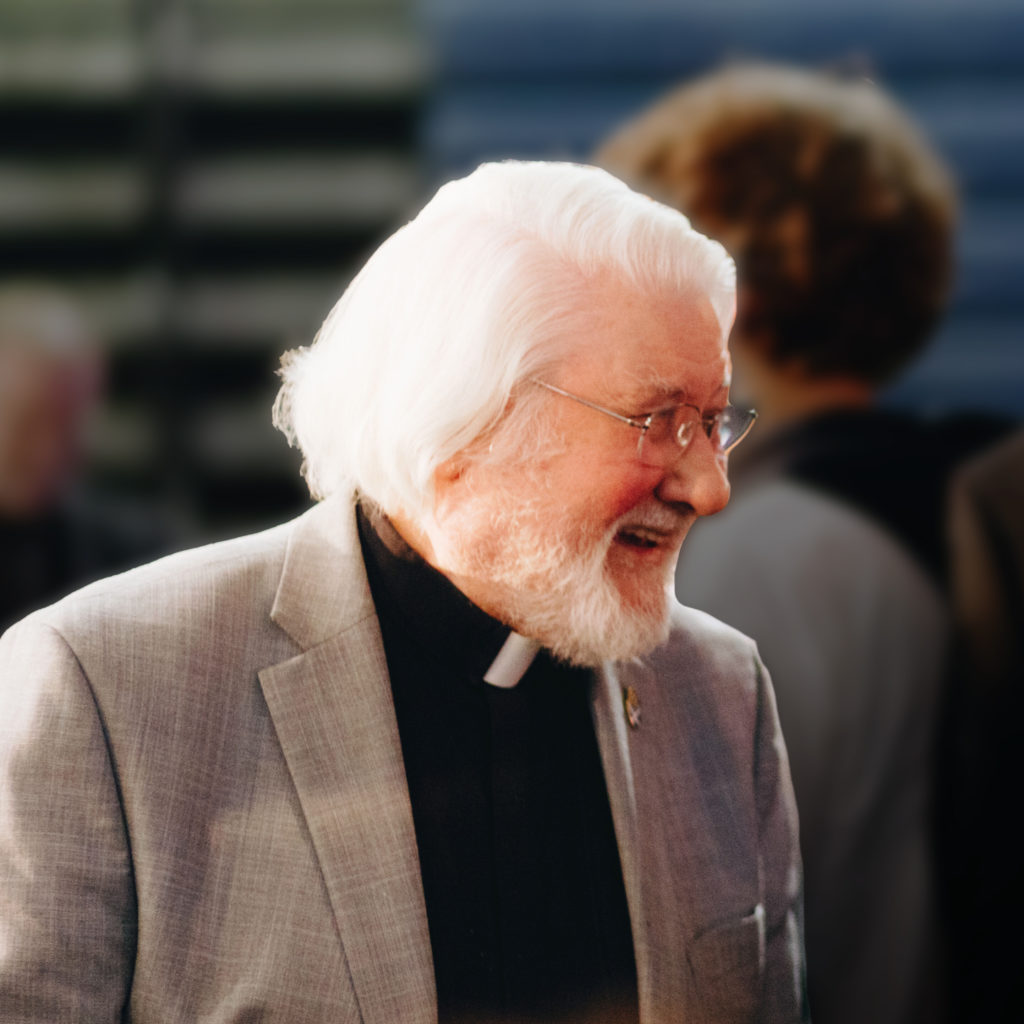Theodicy: What are we to say, or can we say about evil ?
Dear Friends and Colleagues,
There is hardly a week between Sundays, when we preach the Gospel of God, that does not present yet more evidence of the presence of evil of every kind.
The questions of ‘ where is God in relation to evil ?’ or ‘where are we in response to evil within God’s creation ?’ or ‘ where are we in relation to God in the presence of evil ?’ – are raised, if not overtly then by implication in many of the conversations we have with one another and with fellow members of the Body of Christ.
I thought I had a kind of answer by introducing to the discussion the awesome reality of human free-will.It sounds almost convincing to say that God’s desire for our freely given response of love has to provide the option of refusal and rejection – which might somehow account for evil. But in the end that will not do. There are too many obvious exceptions to a simple denial of love becoming the source of evil.
Then there is the ‘accidental’ argument – that nature,including human nature, is prone to accidents. It can go wrong – with resulting evil and destruction. Not quite good enough if we are to continue to say ‘Almighty God.’
At one stage in my theological development I embraced a kind of progressive approach to the notion of creation, believing that because it was incomplete it might also be imperfect. But I have to remember that ‘God looked at what He had made and saw that it was VERY good.’
In the end we always have the ‘war in Heaven’ approach with its fallen angels and Michael defending the righteousness of God. Actually the Book of Revelation has the answer to this problem if we are brave enough to go there. But living in our present age, surrounded by manifestations of hatred and violence on a vast scale and human indecency and malignancy on a more local level these theological and somewhat mythical answers often will not do.
In the end, the ‘Why does God let……’ questions have to remain unanswered with a starkly direct honesty about it all – ‘I don’t know.’ On the other hand – and it’s a very big hand – we are people of the resurrection,people who trust this often incomprehensible God and people who live in the context of new and redeemed life.
I guess we need to look deeply into the meaning of ascetic theology !
Easter Blessings,
JOHN

